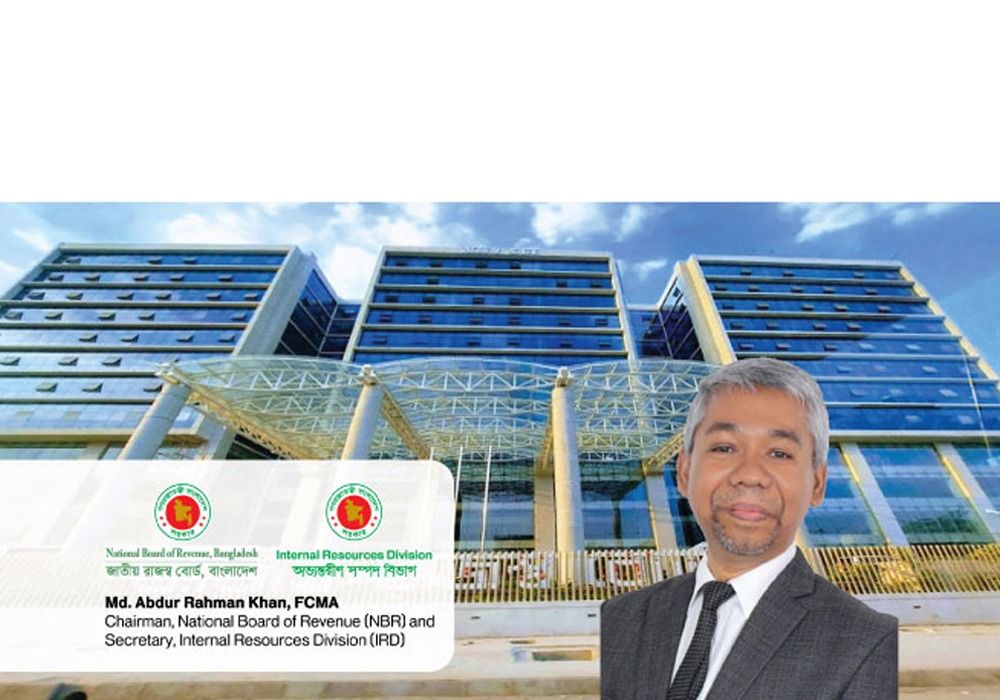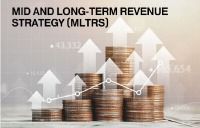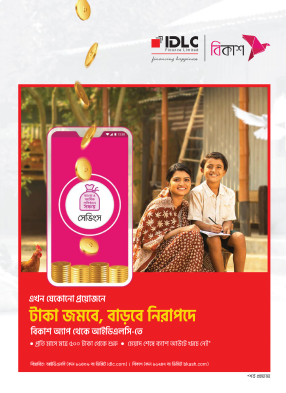- info@ficci.org.bd
- |
- +880248814801, +880248814802
- Contact Us
- |
- Become a Member
- |
- |
- |
- |
- |

Bangladesh's tax framework is strategically crafted to attract and retain foreign direct investment (FDI) through a range of investor-friendly policies and reforms. Incentives such as tax holidays, exemptions, and reduced rates in EPZS, SEZS, and High-Tech Parks have made the country a competitive destination for global investors. With double taxation avoidance agreements with 41 countries and steady reductions in corporate and individual tax rates, Bangladesh continues to lower the cost of doing business. Looking ahead, the government is focused on simplifying compliance, digitizing tax administration under the Mid- and Long-Term Revenue Strategy (MLTRS), and establishing dedicated Revenue Policy and Management Units. In this special edition on "Conducive Fiscal Policies and Tax Regulations: Catalyzing Greater FDI in Bangladesh," Mr. Md. Abdur Rahman Khan FCMA, Chairman of the National Board of Revenue (NBR) and Secretary of the Internal Resources Division (IRD), shares his insights in an exclusive interview.

Q1. How does the current tax framework facilitate foreign investors entering the Bangladeshi market, and what key tax policies make Bangladesh attractive for FDI?
The Bangladesh tax regime facilitates foreign investment through a combination of tax holidays, exemptions, and incentives designed to attract investors and promote economic growth. Investors in Export Processing Zones, Special Economic Zones and High Tech Parks are enjoying special tax benefits such as tax holidays, accelerated depreciation, exemptions, reduced tax rates. In addition, investors are protected from possibility of suffering double tax since Bangladesh signed avoidance of double taxation agreements with 41 countries so far.
Q2. What new fiscal incentives or regulatory reforms are being considered to enhance investor confidence and competitiveness in Bangladesh?
Bangladesh is considering regulatory reforms to boost investor confidence primarily focused on streamlining tax systems, improving trade facilitation and business environment. These efforts shall improve FDI attraction competitiveness and support sustainable economic growth.

Q3. What are the key fiscal priorities of the upcoming FY 2025-26 national budget, particularly about foreign investment and economic growth?
Withholding tax, fines and penalties and compliance requirement of submitting different returns, forms and statements shall also be rationalized. Incentive shall be offered to foreign investors for encouraging compliant corporate entities to get listed in Stock Exchanges in Bangladesh.
Q4. Are there specific tax policy adjustments or initiatives in the FY 2025-26 budget designed to accelerate FDI inflows?
NBR shall facilitate all trades through removing or reducing administrative burdens in tax laws and regulations. Minimum tax and turnover tax regimes shall be rationalized to reduce tax burden of compliant taxpayers.
 Q5. What long-term tax reforms does NBR envision to maintain Bangladesh's appeal to foreign investors and improve tax administration efficiency?
Q5. What long-term tax reforms does NBR envision to maintain Bangladesh's appeal to foreign investors and improve tax administration efficiency?
Simplification of systems and processes of tax administration through end-to-end automation of everything we do in revenue administration is our long-term priority. For this NBR has already prepare a Mid and Long-Term Revenue Strategy (MLTRS) and undertook a digitization project with WB financing to implement the MLTRS.
 Q6. Once "Revenue Policy" and "Revenue Management" units are created, how will investors benefit?
Q6. Once "Revenue Policy" and "Revenue Management" units are created, how will investors benefit?
Creating Revenue Policy and Revenue Manage- ment Units can benefit investors by fostering a more stable and predictable fiscal environment, which in-turn can attract and secure investment. This shall be achieved through strategies like designing fair fiscal arrangements considering national interest such as creation of employment and economic growth following international best practice.
Q7. In conclusion, what message would you like to convey to foreign investors considering Bangladesh as their next investment destination?
Bangladesh has gradually reduced corporate tax rates from 50% to 20% throughout the last three decades to attract Foreign Direct Investment (FDI) in the country. Individual marginal income tax rate has also been gradually reduced to 30% from 70% throughout this period. In addition, import duty exemption on raw materials imports for manufacturing entities has been allowed to reduce cost of production and thus increase profitability of foreign investment in Bangladesh.
Bangladesh has gradually reduced corporate tax rates from 50% to 20% throughout the last three decades to attract Foreign Direct Investment (FDI) in the country. Individual marginal income tax rate has also been gradually reduced to 30% from 70% throughout this period. In addition, import duty exemption on raw materials imports for manufacturing entities has been allowed to reduce cost of production and thus increase profitability of foreign investment in Bangladesh.





